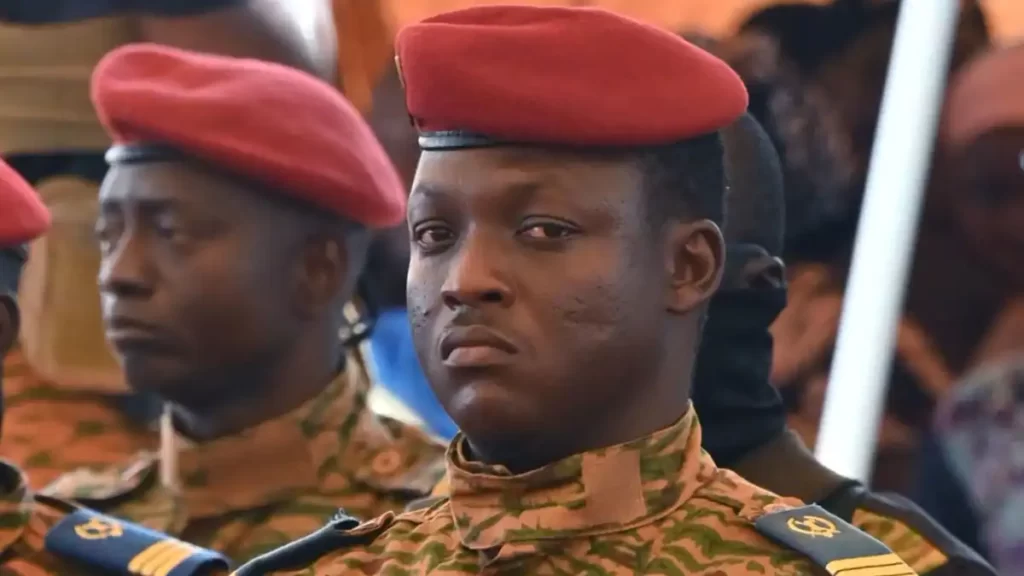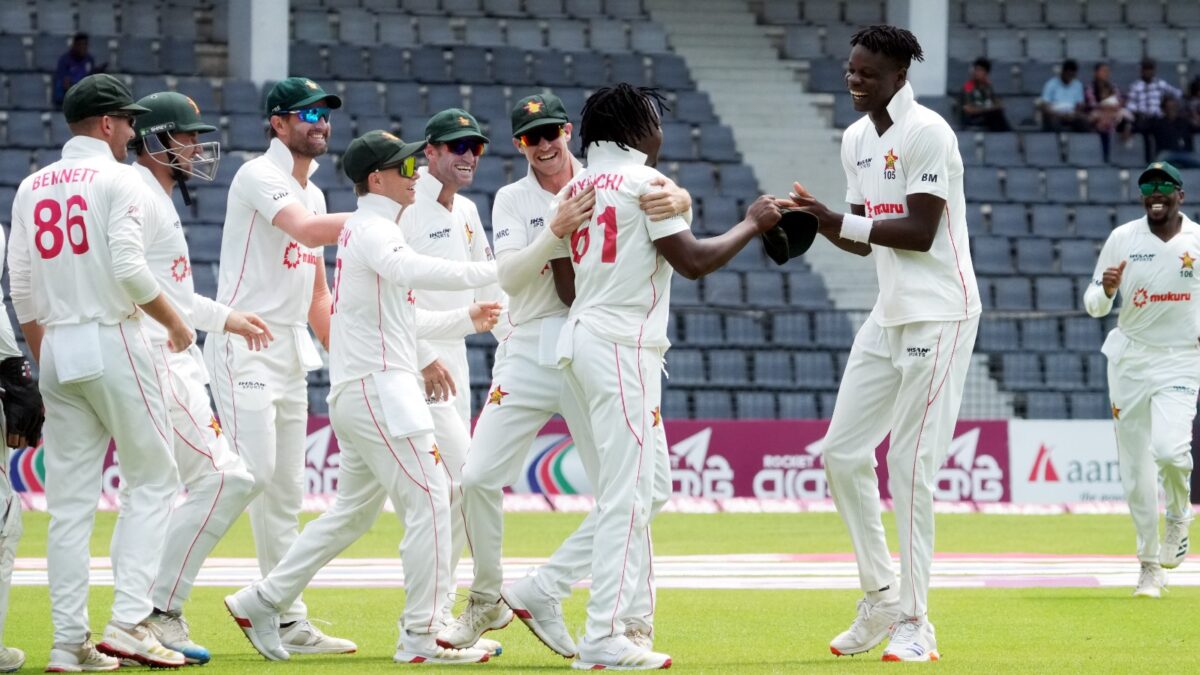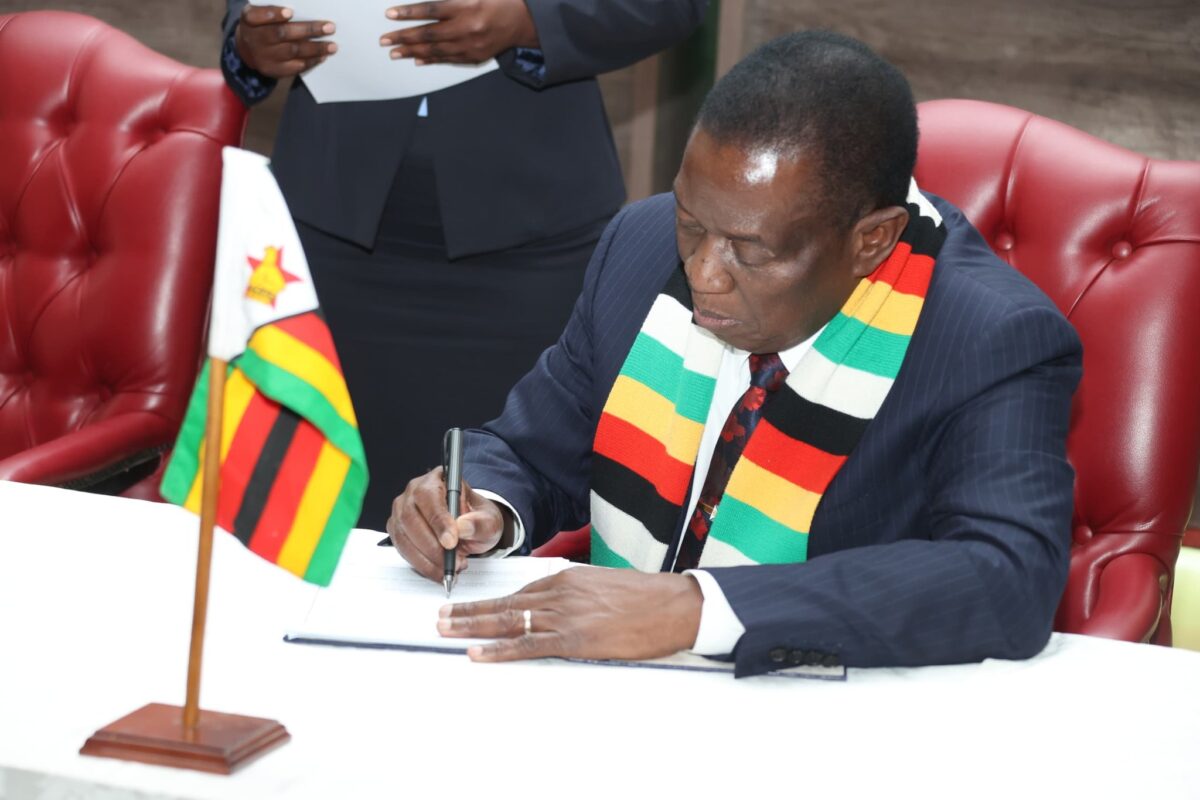BULAWAYO – Zimbabwe’s seemingly unending cycle of state-orchestrated killings will not end until perpetrators are legally held accountable, a leading human rights advocate said.
A film festival is underway in Bulawayo memorialising the 1980s Gukurahundi massacres in which rights activists say over 20,000 people were killed by the military in south-western Zimbabwe. There has been no criminal investigation.
“I realised that because of impunity, we have had continuous violations of human rights. This has led to continuous atrocities,” Siphosami Malunga, the executive director of the Open Society Initiative for Southern Africa said on Monday at the opening of the three-day Asakhe Film Festival running under the theme, ‘The Power of Memory’.
“During the independence war, Rhodesians committed worse crimes, and the guerrillas also committed crimes, then we had the amnesty. Immediately after independence, Gukurahundi started where for five, six years people were being killed.
“You will recall that Morgan Tsvangirai’s driver was burned to death. We then saw killings of white farmers in 2000 and also MDC people. It was the same modus operandi – killing without any accountability, in broad daylight… because the perpetrators know they’re going to get away with it. They know that they’ve been licensed to kill, they work for killers and the killers will protect them.”
Malunga said there had been no let-up in state-orchestrated killings, citing the failed hit on the late former Gweru mayor Patrick Kombayi, and the pardoning of his would-be killers, the 2008 and 2018 murders of dozens of MDC supporters in election violence and ongoing abductions of dissidents.
“What signal is being sent? That it’s okay to kill people, as long as we have sent them and are doing it on behalf of Zanu PF? That it’s okay, there will be no consequences whatsoever? You may be tried, arrested and convicted but it’s still okay, don’t worry, in the end we will see to it that you don’t pay any consequences for your actions? Can you imagine living in a country like this?”
Timothy Scarnecchia, an associate professor of history at Kent State University, giving a lecture on Wednesday, said former colonial power Britain and the United States could have done more to stop the atrocities but they rationalised Gukurahundi as “either tribalism or typical African state behaviour and did not force the issue.”
Scarnecchia said: “In the 1970s the discussion was around protecting white interests in Rhodesia. After colonisation and once the terrible events of Gukurahundi began, there was increased distancing that I argue was done based on a stereotypical argument about the way African states or black states in Africa operate that allowed Britain and the United States to rationalise not getting involved or not being critical about what was taking place, at the same time that they provided military aid and military training to Robert Mugabe. In Cold War dynamics, they wanted to keep Mugabe close to them as their man in Zimbabwe.”
Scarnecchia shared several previously classified documents, most of them diplomatic correspondence as the UK and the US grappled with how to stop the excesses in Matabeleland.
It included a dispatch from the US embassy in Harare, recounting a visit from ZAPU leader Joshua Nkomo in February 1985. During the stop, Nkomo told diplomats that 400 people had been abducted in Matabeleland North in the previous six weeks.
Nkomo noted that the government of Zimbabwe was “hellbent on crushing the opposition and the most recent method of intimidating ZAPU was to abduct its leaders.”
“The ZAPU leader believes that the government of Zimbabwe, under the direction of the minister of state security Emmerson Mnangagwa has created a taskforce that is responsible for the abductions. Nkomo believes that this group of men – mostly plain-clothed but some in camouflage – is moving throughout Matabeleland in government supplied trucks without registration numbers,” the cable said.
The historian said it was vitally important to preserve records and evidence. Memory, he said, was an enemy of tyrants.
Malunga, the son of the late former ZAPU stalwart Sydney Malunga, said for his outspokenness on Gukurahundi and other human rights abuses by the Zimbabwe government, he had been targeted for persecution. The government recently initiated moves to seize a farm he jointly owns with friends in Matabeleland North.
Vowing not to rest until there was justice for Gukurahundi victims, he said: “We will lose more but it’s okay. My father was only four years older than me when he died. So, I only have four more years to beat his record. But you will not keep us quiet. Never! I would rather die on my feet than live on my knees. I will never keep quiet on Gukurahundi.
“Who is going to talk for those people who disappeared? Thousands have so far disappeared, so what’s special about one person disappearing? It will be just one more over the thousands and mind you, you only die once.”
A new documentary, ‘One Night in 1985’, was launched at the festival.
















